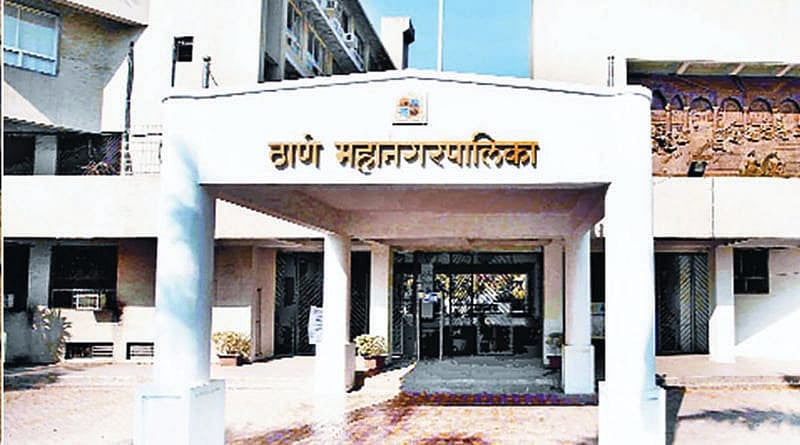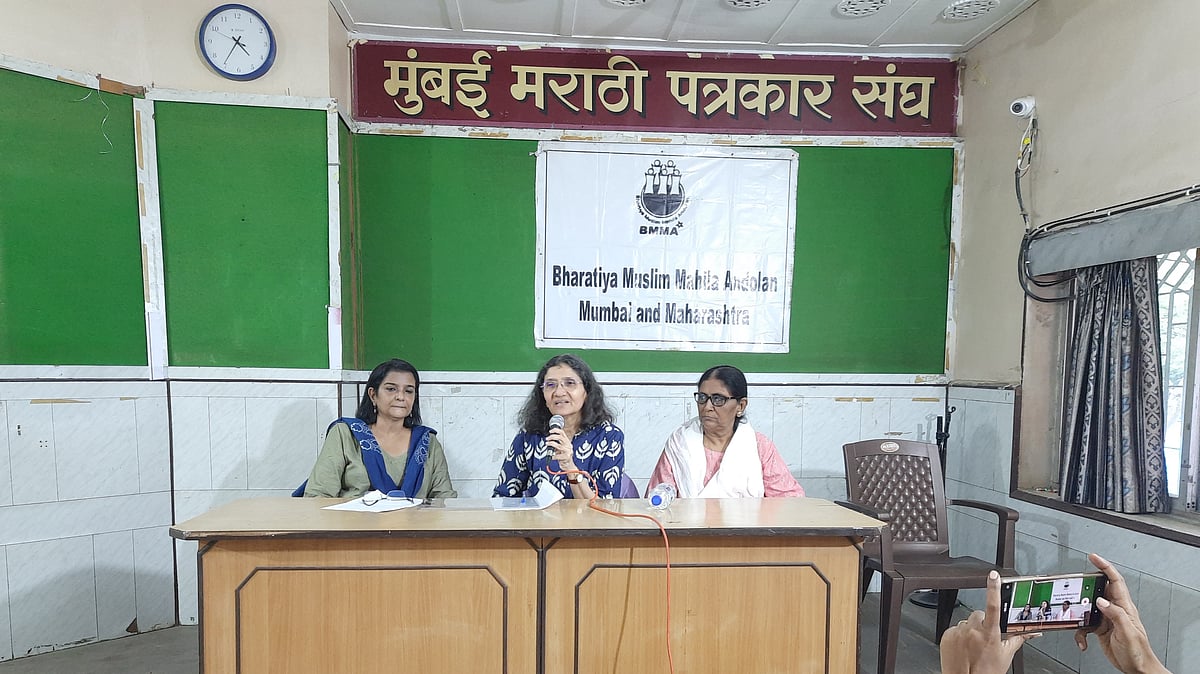Mumbai: A delegation of the All India Muslim Personal Law Board led by its President, Moulana Khalid Saifullah Rahmani, met the chairperson of the Law Commission of India on Wednesday and conveyed their stand on Uniform Civil Code, stated in a press statement issued by the board.
The statement read, "Moulana Khalid Saifullah Rahmani explained to the Commission why UCC is unacceptable to Muslims. He said Shariat Law (Muslim Personal Law) has two components, one is based on Quran and Sunna (Prophet's words and actions) and the other is Ijtehad (Islamic scholars' opinions). The first part is unalterable, even Muslim scholars cannot make any change to it. Ijtehad can differ with time and situations. Therefore, for us even a minute change in the basic format of Sharia will not be acceptable. The Indian Constitution has made freedom of religion a fundamental right.”
The delegation asked the commission whether they have undertaken any survey or have any data on the basis of which they are proposing UCC. The Commission was also asked why only Muslims have not been exempted from UCC when the government is ready to exclude tribals and Christians of North-eastern states from it. Similarly if anybody has a problem with religious personal law then he or she can solemnize their marriage under the Special Marriage Registration Act, which is a secular law. For such marriages Indian Succession Act will be applicable. Then the delegation asked the Commission whether they had some specific issues related to Muslim Personal Laws, or if they had certain queries, which the delegation would be willing to explain through Islamic perspective. Mr Awasthi raised some specific questions like - Is there any specific age prescribed for marriage in Islam, what is the position of Personal law Board on Nikah-e-Halala and Muta Marriage and what do you say on gender justice.
No such specific age prescribed for marriage in Islam
The President of the Board said there is no such specific age prescribed for marriage in Islam. If both husband and wife are in a position to fulfill the obligations of the marriage they can marry. Likewise on other issues also the Board explained the sharia position.
Other members also participated in the discussion. Apart from the President the delegation comprised Prof. Syed Mohd Naqvi, Mr Syed Sadatullah Husaini (Ameer Jamaat e Islami), Vice President, Moulana Fazlur Raheem Mujaddidi, General Secretary, Senior Advocate Mr. Y. H. Muchala, Adv. M.R. Shamshad, Moulana Mufti Mukarram Ahmad (Shahi Imam, Masjid Fatehpuri), Moulana Asghar Imam Mehdi Salfi (President, Markazi Jamiat Ahle Hadith), Women Members, Professor Monisa Bushra Abidi (Working Committee Member), Adv. Ms Nabeela Jameel and Dr. S. Q. R. Ilyas, (Spokeperson and Working Committee Member).
No substantial changes that may alter the basic features of Sharia Law: Chairperson of the Law Commission of India
Finally the Chairman, Justice Awasthi, assured the delegation that they are not going to suggest any substantial change which may alter the basic features of Sharia Law. Their role is just to make suggestions. It is on the Government to finalize the bill and put it in the Parliament for discussion and approval. President of the AIMPLB thanked the Chairman and members for their invitation & for patiently listening."
The statement was issued by Dr Waqar Latifi, Office Secretary of AIMPLB.





